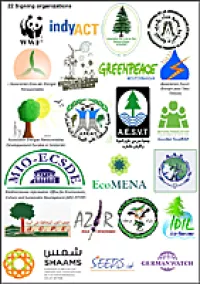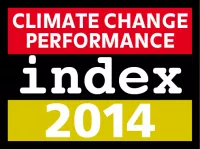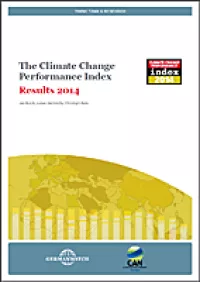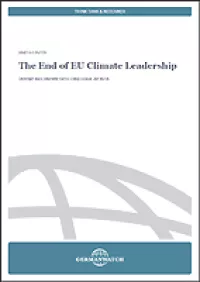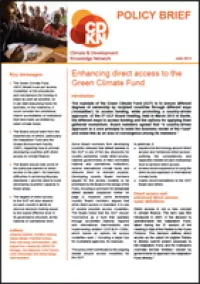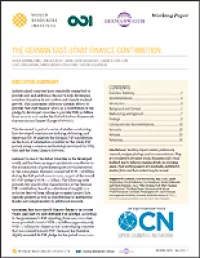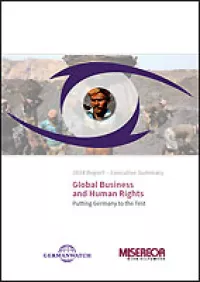
Over the last few years NGOs have criticized numerous human rights violations in which German corporations were directly or indirectly involved. Blatant violations of human rights are occurring for instance in agriculture, in manufacturing and in the extractive industries. Germanwatch and MISEREOR have documented these cases in a report.

